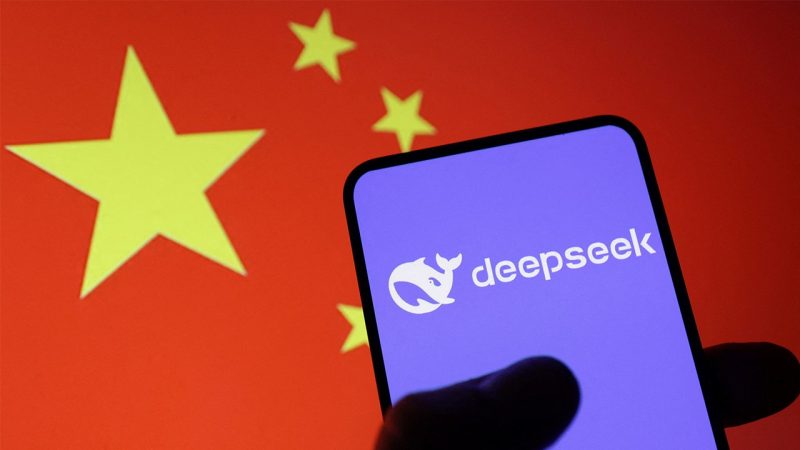
A powerful House committee has launched an investigation into DeepSeek, a Chinese artificial intelligence company, over concerns about its data harvesting practices and potential ties to Chinese Communist Party (CCP) propaganda. The probe, spearheaded by the House Energy and Commerce Committee, follows growing anxieties about the security risks posed by Chinese AI companies operating within the United States.
The committee is demanding detailed information from DeepSeek regarding the types of US data used to train its AI models. This includes requests for specifics on any personal or proprietary information collected, and whether this data is shared with any Chinese state entities. Rep. Brett Guthrie, R-Ky., and Rep. Gus Bilirakis, R-Fla., voiced concerns that DeepSeek’s close relationship with the CCP jeopardizes US data and national security. DeepSeek’s own privacy policy acknowledges that user data is stored on servers located in China, raising immediate red flags.
This investigation mirrors the scrutiny faced by TikTok, another Chinese-owned company facing potential bans due to data security concerns. Several countries, including Canada, Australia, South Korea, Taiwan, and Italy, have already blocked DeepSeek due to similar security risks. Adding to the unease, South Korea specifically accused DeepSeek of sharing user data with ByteDance, the parent company of TikTok.
The House committee’s letter to DeepSeek further expresses concern about how Chinese companies use access to US technology to advance their AI development. Reports suggest DeepSeek’s R1 model was trained by “distilling” outputs from American competitors, raising questions about intellectual property theft and unfair competition. The committee also wants to know if DeepSeek has taken steps to manipulate its AI’s output to align with CCP propaganda, a claim previously made by the Select Committee on the Chinese Communist Party.
DeepSeek’s rapid ascent, nearly matching the capabilities of leading US chatbots at a fraction of the cost, has also fueled concerns. Its success highlights the potential for Chinese companies to rapidly advance in AI, potentially leveraging US data and resources to do so. The committee’s deadline for DeepSeek to respond is May 8th, setting the stage for a potentially significant clash between national security interests and the rapid advancement of AI technology. The outcome of this probe could have significant ramifications for the future regulation of AI in the US and the broader relationship between the US and China in the tech sector.










